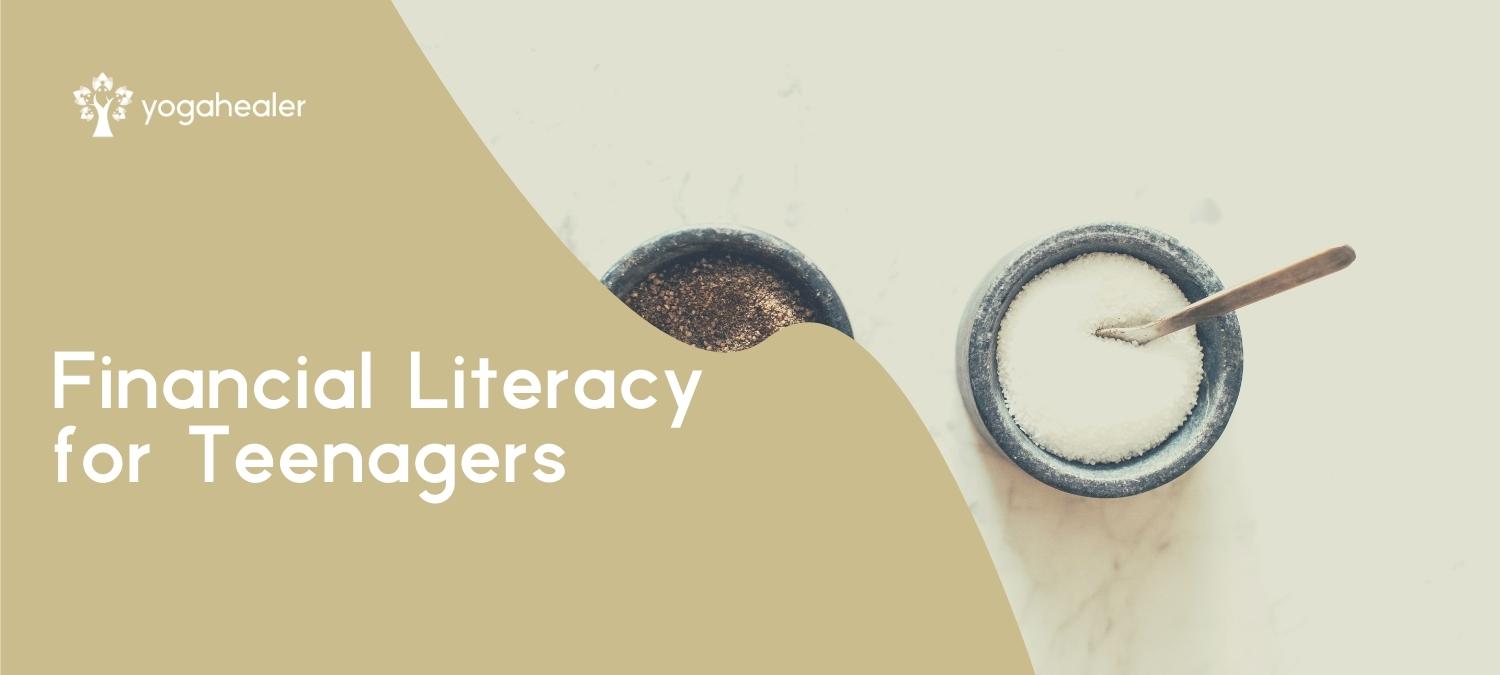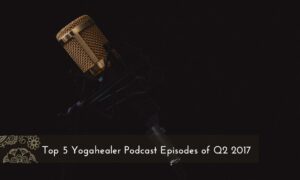The current average consumption of sugar in the United States is 30 teaspoons a day. The American Heart Association recommends no more than 6 teaspoons of sugar a day for women and 9 teaspoons for men. I recently interviewed one of the founders of the Quit Sugar Summit, Michael Collins, on the Yogahealer Podcast.
Quit Sugar Summit – Your detoxing sugar tool
At the beginning of May, I spoke at the first Quit Sugar Summit with Michael Collins. This summit gathered the world’s most knowledgeable and forward-thinking leaders in the field of sugar-related health issues. Michael is the founder of SugarAddiction.com and on the Overcoming Sugar Addiction episode of Yogahealer, we talked about Ayurveda, sugar addiction, and the role of sweet taste.
Facts about sugar
Sugar is one of the world’s oldest ingredients. In fact, human beings first domesticated sugar cane around 8000 B.C. Sugar is said to be the only taste humans are born craving.
The health issues related to sugar consumption go way beyond the most noticeable one – weight gain. Sugar consumption can lead to type 2 diabetes and heart disease. It has also been linked to acne and the acceleration of the skin aging process, as well as an increased risk of developing cancer.
Sugar Addict
Given all the harmful ways sugar can affect your health, one would think more people would be giving it up. But sugar is also highly addictive. Some studies suggest sugar addiction may be genetic. It appears that people who had genetic changes in the ghrelin hormone consume more sugar than those with no gene variation.
But the truth is, sugar is part of a large percentage of foods we ingest on a daily basis. Some of them, we wouldn’t associate with sugar at all. Crackers, bread, fat-free dressing, and tomato sauce, all contain sugar in them. Not to mention, one of the biggest culprits for sugar consumption – sweetened-beverages. The World Health Organization recommends the intake of less sugar a day than that found in just one soda. But it is believed the average American consumes 53 gallons of soft drinks per year.
Sugar is so addictive, that according to brain scans it is as addictive as cocaine. In order to successfully give it up, people usually need a program for detoxing sugar.
In our conversation, Michael mentioned most people trying to give up sugar are concerned if they will have to do it forever. Most are emotional eaters and confuse their desire for food with real hunger. This makes it harder to detect a possible addiction.
Sugar Withdrawal
Just like with any other addictive substance, when you stop consuming sugar, you will suffer from withdrawal symptoms. Both physical and mental. The symptoms vary from person to person, depending on how much sugar you were consuming in the first place. And may last up to two weeks. This happens mostly because your body is not used to accessing your fat tissue in order to get energy.
When it comes to mental symptoms, feeling down is a common sugar withdrawal symptom, as is anxiety and changes in your sleep pattern. You may also experience difficulty concentrating or be more forgetful than you usually are.
On the physical side, the most common withdrawal symptom is a headache. But you may also feel some fatigue and nausea. But don’t give up, it gets easier. There are several programs that can help, such as the Yogidetox program.
You might be wondering, what about after detoxing? What are the dos and don’ts? According to Michael Collins, you need to be cautious, especially when it comes to fructose. That’s right, you need to be careful about your fruit intake.
When talking about any type of addictive substance, there are always people who seem to be more sensitive than others. There is no harm in eating fruit and having the occasional glass of wine. Unless your body is sensitive to it, and one, actually means too many.
Whether you are curious about the impact of sugar on your health, or ready to start detoxing sugar right now, the Quit Sugar Summit is definitely for you. And if you missed this year’s event, the good news is you don’t need to wait for next year. You can register to access all the talks of the 2020 edition and start the process of detoxing sugar with all the information and help you need.


